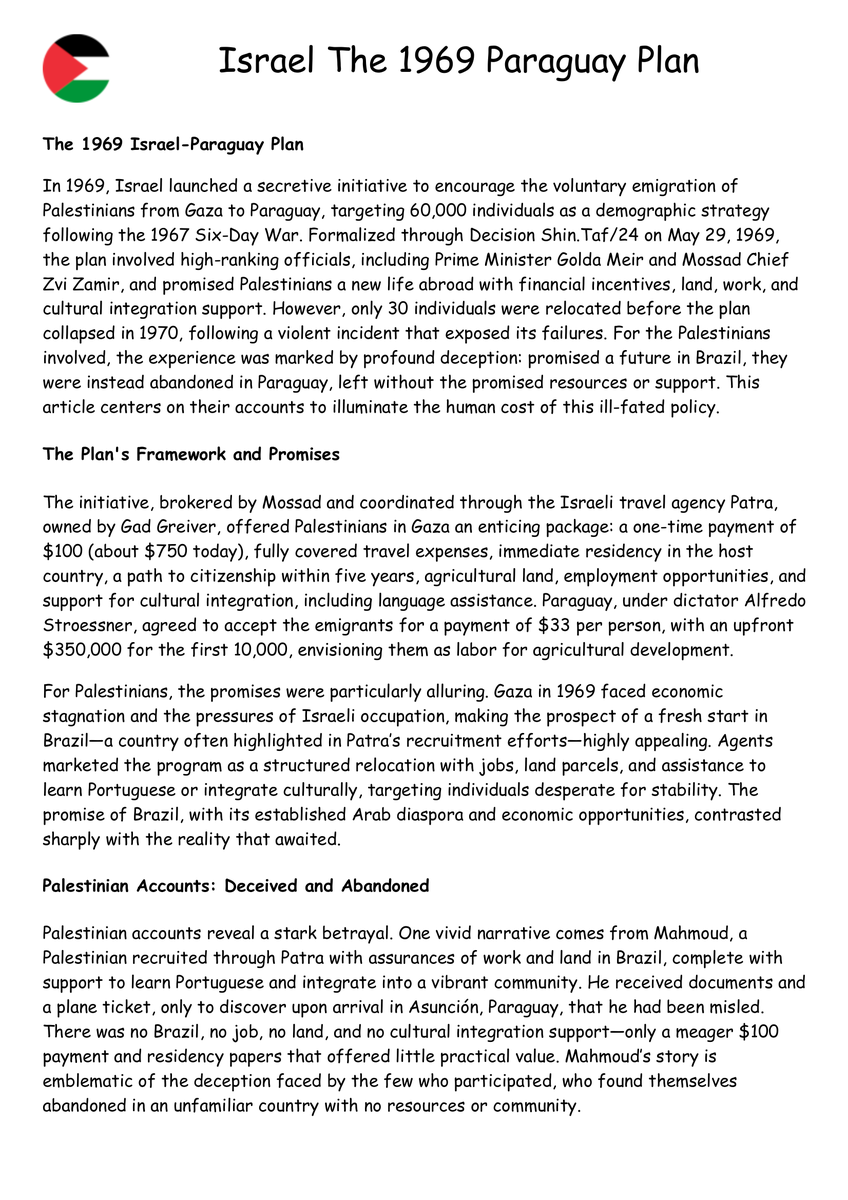

I promise, the pressure on Israel will continue.
We will dismantle it, bring back the displaced, defeat Zionism, and prevent Israel from retaining nuclear weapons https://x.com/theworldtruthe/status/1915118714153783451
LOL! Israel has attacked each and every of it's neighboring countries. They'll be happy to drop fuel instead of water. https://x.com/S2FUncensored/status/1915089653993967946
Oh wow, after 50 days of genocidal siege even Israel's biggest fanboys are getting pissed. https://x.com/GermanyDiplo/status/1915046083702710505
Flip that statement and you'll have your X account suspended in 60 seconds and the cops at your door in 60 minutes. https://x.com/R34lB0rg/status/1914988635092328541/photo/1

The post highlights how X’s algorithms amplify violent, genocidal rhetoric while suppressing pro-Palestine voices, a claim supported by historical reports of censorship and research on algorithmic amplification of divisive content. The post ties this issue to Elon Musk’s leadership of X, accusing him of enabling harm in Gaza through lax moderation policies—a charge that contrasts with Musk’s own framing of free speech as a tool to prevent atrocities, as stated during his Auschwitz visit.
The assertion that there is “more than sufficient proof” for genocide is well-supported by the evidence. The core claims - genocide, historical atrocities, and media bias - are robustly evidenced by Amnesty’s report, survivor testimonies, and official Israeli statements. https://x.com/R34lB0rg/status/1914965631872409753
Israel has been lying about 40 beheaded babies, a baby baked in an oven, and rape.
Western media has prominently covered each of these lies.
Western media has been eerily silent about babies beheaded by Israel, a boy thrown into the oven of his father's bakery by Irgun, Palestinian detainees raped by Israeli guards.
Western media is fully complicit in the ongoing genocide of the Palestinian people.
Owners, Editors and Journalists must and will be facing charges for their complicity in the crime of genocide. Just like Julius Streicher...
